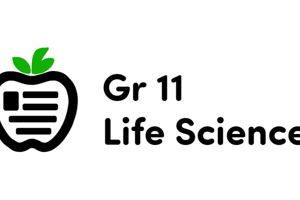Podcast
Questions and Answers
Which intermolecular force is present between all molecules, regardless of their polarity?
Which intermolecular force is present between all molecules, regardless of their polarity?
- Hydrogen bonding
- Dipole-dipole forces
- Ion-dipole forces
- London dispersion forces (correct)
Which of the following molecules would exhibit hydrogen bonding?
Which of the following molecules would exhibit hydrogen bonding?
- H2S (hydrogen sulfide)
- CO2 (carbon dioxide)
- CH4 (methane)
- NH3 (ammonia) (correct)
Which type of intermolecular force is responsible for the attraction between an ion and a polar molecule?
Which type of intermolecular force is responsible for the attraction between an ion and a polar molecule?
- Dipole-dipole forces
- London dispersion forces
- Hydrogen bonding
- Ion-dipole forces (correct)
Flashcards
Intermolecular Forces
Intermolecular Forces
Forces that occur between molecules influencing physical properties.
London Dispersion Forces
London Dispersion Forces
Weak forces in nonpolar molecules caused by temporary dipoles.
Dipole-Dipole Forces
Dipole-Dipole Forces
Forces between polar molecules due to permanent dipoles attraction.
Hydrogen Bonds
Hydrogen Bonds
Signup and view all the flashcards
Ion-Dipole Forces
Ion-Dipole Forces
Signup and view all the flashcards
Study Notes
Intermolecular Forces
- Intermolecular forces are forces between molecules (covalent)
- Three types of intermolecular forces exist: London Dispersion, Dipole-dipole, and Hydrogen bonding
London Dispersion Forces
- This force occurs between nonpolar molecules
- Polarity briefly develops in the molecule due to the constant shifting of electrons
- This is a temporary dipole force
Dipole-Dipole Forces
- This force exists between polar molecules
- The positively and negatively charged regions of polar molecules attract each other
- This is a permanent dipole force
Hydrogen Bonding
- This force exists between molecules with hydrogen bonded to a highly electronegative atom (like nitrogen, oxygen, or fluorine)
- This is a strong type of dipole-dipole attraction
Ion-Dipole Forces
- This force occurs between an ion (positive or negative) and a polar molecule
- The ion attracts the oppositely charged region of the polar molecule
Studying That Suits You
Use AI to generate personalized quizzes and flashcards to suit your learning preferences.




